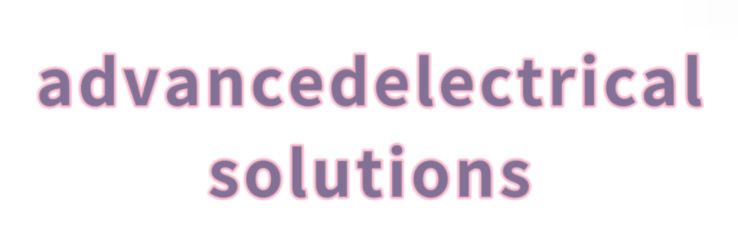what is earth resistance tester
Measuring the resistance of the ground is a crucial step in ensuring electrical safety in various applications. One essential tool for this purpose is the earth resistance tester. Understanding what is earth resistance tester can help technicians and electricians ensure proper earthing practices are in place, which is vital for protecting both equipment and human life.
For more what is earth resistance testerinformation, please contact us. We will provide professional answers.
Key Functions of an Earth Resistance Tester
Earth resistance testers serve several important functions, including:
- Measuring Ground Resistance: The primary function of an earth resistance tester is to measure the resistance of the ground, which is essential for effectiveness in dissipating electrical energy safely.
- Evaluating Grounding Systems: These testers help evaluate existing grounding systems for performance, ensuring they meet safety standards and regulations.
- Preventing Electrical Hazards: By identifying high resistance in grounding systems, earth resistance testers help prevent potential electrical hazards, enhancing workplace safety.
- Complying with Regulations: Many industries have regulations regarding grounding, and testing with an earth resistance tester ensures compliance with these legal requirements.
How an Earth Resistance Tester Works
When exploring what is earth resistance tester, it's essential to understand the basic operational principles:
Additional reading:how does an insulation tester work
- Voltage Application: The tester applies a known voltage to the earth electrode and measures the resulting current.
- Resistance Calculation: Based on the measured current and applied voltage, the device calculates the resistance using Ohm's law (R = V/I).
- Using Earth Electrodes: Typically, three electrodes are used: the current electrode, potential electrode, and the earth electrode being tested.
Types of Earth Resistance Testers
What to Consider When Choosing Tan Delta Test Kit Manufacturers
Mastering Electronics Testing: Top Tips for Accurate Results
There are various types of earth resistance testers categorized based on their functionality:
- Two-Pole Testers: Suitable for basic resistance measurements, these are commonly used for domestic and light commercial applications.
- Three-Pole Testers: Providing more accurate readings, these testers are employed for more complex systems and industrial environments.
- Clamp-On Earth Testers: These allow for testing without disconnecting the grounding system, making them very convenient for quick checks.
Benefits of Using an Earth Resistance Tester
Understanding the benefits can help justify the investment in an earth resistance tester:
- Enhanced Safety: Regular testing of ground resistance greatly reduces electrical hazard risks.
- Compliance: Using the tester ensures adherence to safety regulations and standards.
- Prevention of Equipment Damage: Proper grounding prevents surges and other electrical issues that could damage sensitive equipment.
- Improved System Performance: Regular testing helps to identify grounding issues, leading to better overall system performance.
In summary, an earth resistance tester is an integral instrument that plays a vital role in maintaining electrical safety. By understanding what is earth resistance tester and its key functions, electrical professionals can ensure effective grounding practices in their work environments.
The company is the world’s best tan delta test procedure supplier. We are your one-stop shop for all needs. Our staff are highly-specialized and will help you find the product you need.


Comments